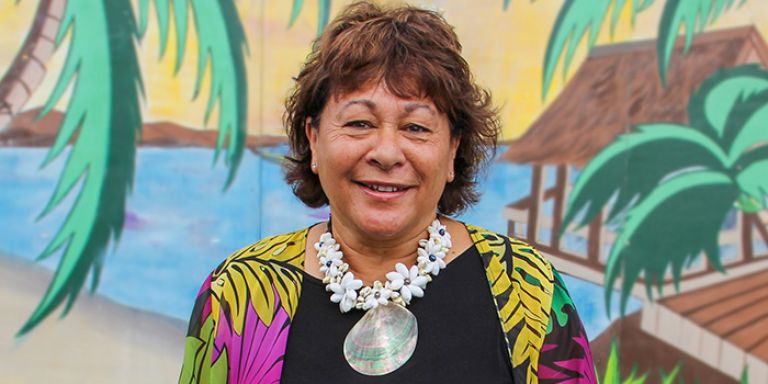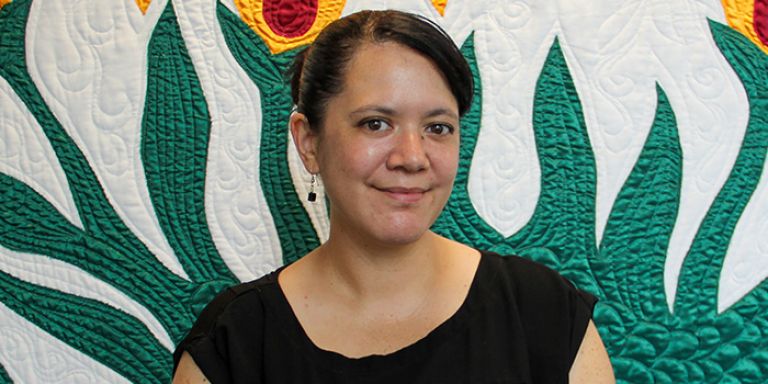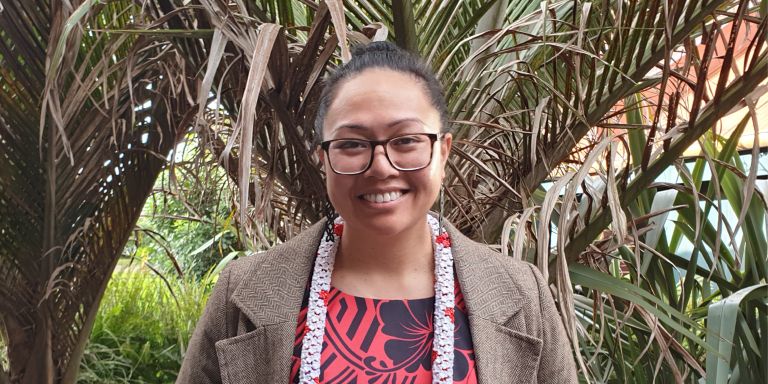Programme highlights
Learn how to take the everyday conversations and formalise them to engage more appropriately with your Kau Taki ‘o e ngaahi Komiuniti’.
By the end of the programme you will be able to engage comfortably in more formal contexts within the family and church setting, community functions and workplace.
You will learn skills on how to MC events and acknowledge distinguished guests. This is the best place to start if you eventually want to explore ‘A e Anga Fakafonua Faka-Tonga.
Entry requirements
General
Open entry for domestic students
Some language knowledge is required.
Give yourself credit with Recognition of Prior Learning (RPL)
Did you know you can use the knowledge and experience you already have to your advantage?
Your previous work experience and on-the-job skills, volunteering, professional development, and other providers’ qualifications can be recognised as prior learning, matched against credits in our courses, and put towards your qualification – potentially saving you money and possibly helping you to complete your qualification faster Learn more.
Programme structure
You will need to complete four courses (60 credits):
Do you want to study a single course, without enrolling into the full programme?
Courses within some of our programmes may be offered as an individual Certificate of Proficiency (COP). Programme entry requirements and course fees apply. For more information, please speak to our friendly Ask Me! team.
Career opportunities
You will gain the essential skills to support native speakers in the workforce and the community. These skills are sought after in professions such as nursing and early childhood.










